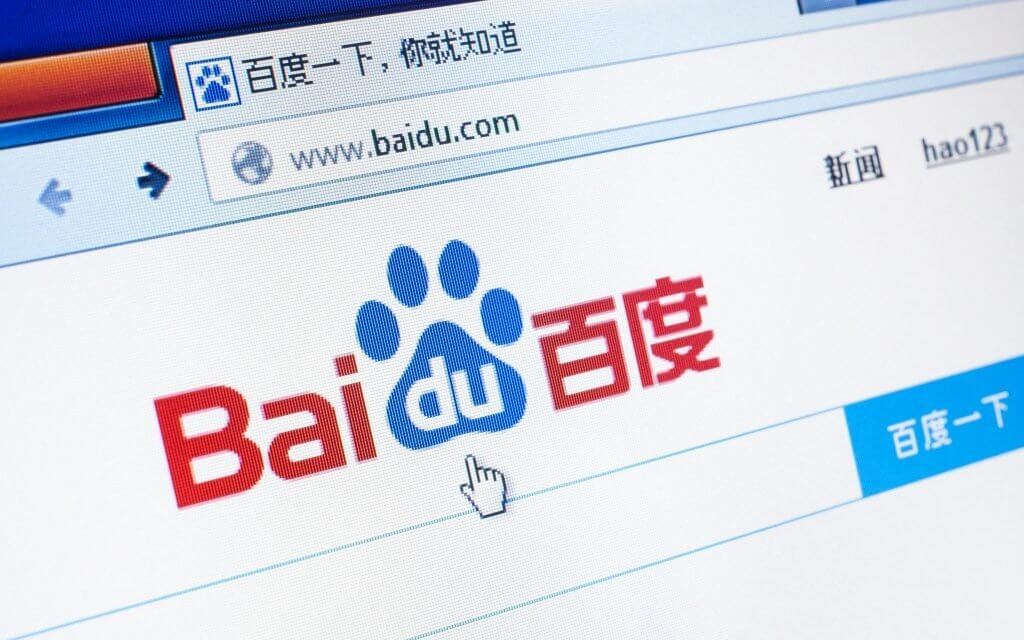International SEO For Your Business Is On Your Checklist? Here’s What You Need To Hear Before You Get Started
An International SEO strategy sounds fancy and, in many cases, has increased the ROI for the smallest of the smallest businesses. The good news is that it is easily accessible, but you have to fine tune a few factors offline before you want your business to be globally visible
In our previous blog, we discussed the nuances associated with expanding your business globally and factual considerations that an entrepreneur must keep in mind during his journey. International SEO is the next practical step for you to understand a market digitally and analysing traffic before physically stepping into it with your business
Before we dive into this topic, the question that you need to ask yourself is, do you need to go international?
If you know that a good share of your website visitors come from a different country than where you’re located, speak different languages, or both, then it may be time to make some changes to your website to create a better experience for all of your international visitors.
Understand your business and its potential markets through networking events or:

- Website Data From Google Analytics:
Do you see anyone visiting your site from other countries? Is there any country that sends more traffic to your site? The information is worth paying attention to, especially if any of them are already converting into leads.
- Many Companies Provide Internet-related Reports And Statistics:
Organisations like Internet World Stats, Econsultancy, McKinsey & Company, and eMarketer. There are numerous sites providing information about specific countries. Our ABC Index and China Digital Perspective gives you insights about expanding your business to China
- Government and trade organization websites:
Trade.gov and WTO.org provide the latest international business and trade news and statistics.
What Is International SEO And How Is It Different From Regular SEO?
International SEO is basically optimizing your website for search engines to identify other countries, language and audience that you want to target for your business. Translation and localization of website content is the first stepping stone towards achieving your international SEO goals, but then, you need to optimize the sites for each country’s local audience from messaging and offerings to the overall user experience of the site.
Eg. A site with popular and well-performing content in the U.S. market may not do as well in Asia or in South America and may require additional content edits and optimization work.
While you pay attention to each site, you must keep an eye on the overall performance. Otherwise, your websites may be competing against each other or the worst case, may not be indexed at all
Will I need a site for each country?

After you gain results that are insightful about the new market potential, launching a website that targets another market is an advisable step. It will provide a better user experience to the local visitors,
What kind of hosting should I choose?
If you have planned to localise, you will have to resort to a local server. If you intend to expand to a country like China, its great firewall halts traffic coming in from other servers which is why China employs its own server and domain hosting policies
The core requirement for having a dedicated website with a Chinese domain (.cn) is to have a dedicated ICP license from China issued by the Government. China issues two types of ICP licenses namely, the ICP License that applies to all Chinese direct consumer selling organizations that operate in China and an ICP recordal, for non – direct selling companies. The authorized entity which issues both the licenses is the Ministry of Industry and Information Technology (MIIT).
Google/No Google?
While considering international SEO it is equally important to note the search engine used in that location. Countries like China, Russia, Eastern European countries and South Korea either have their own local server or has banned internet in their region altogether. Hence, you’ll need to pay extra attention to monitor these local sites for additional optimization work.























